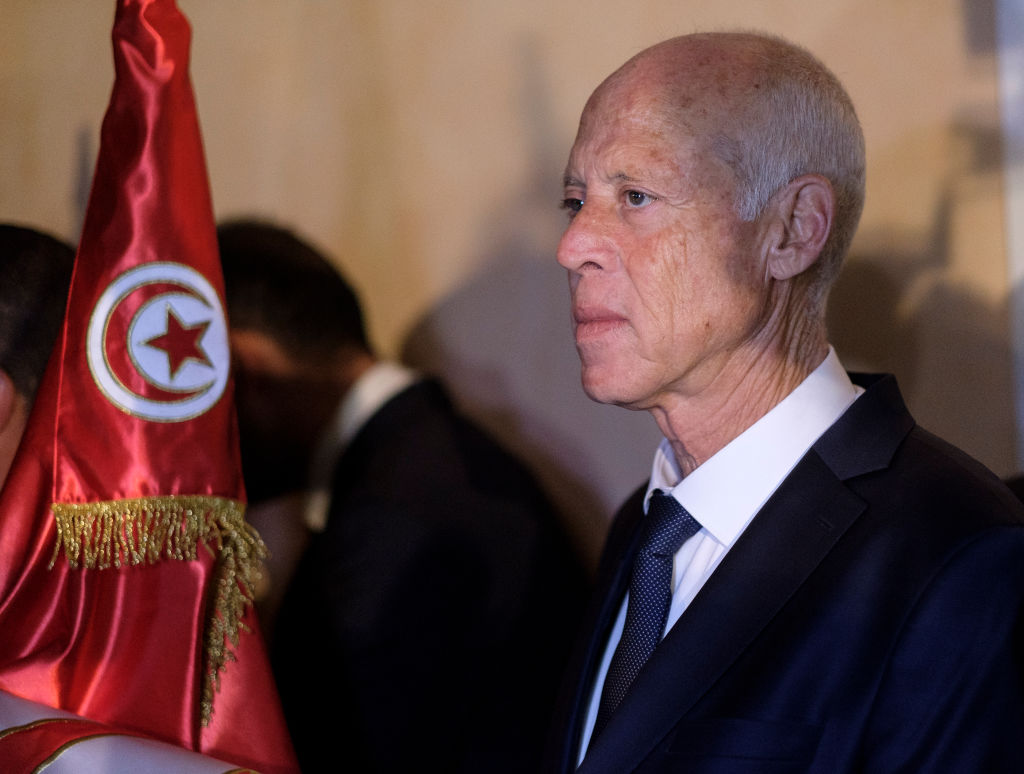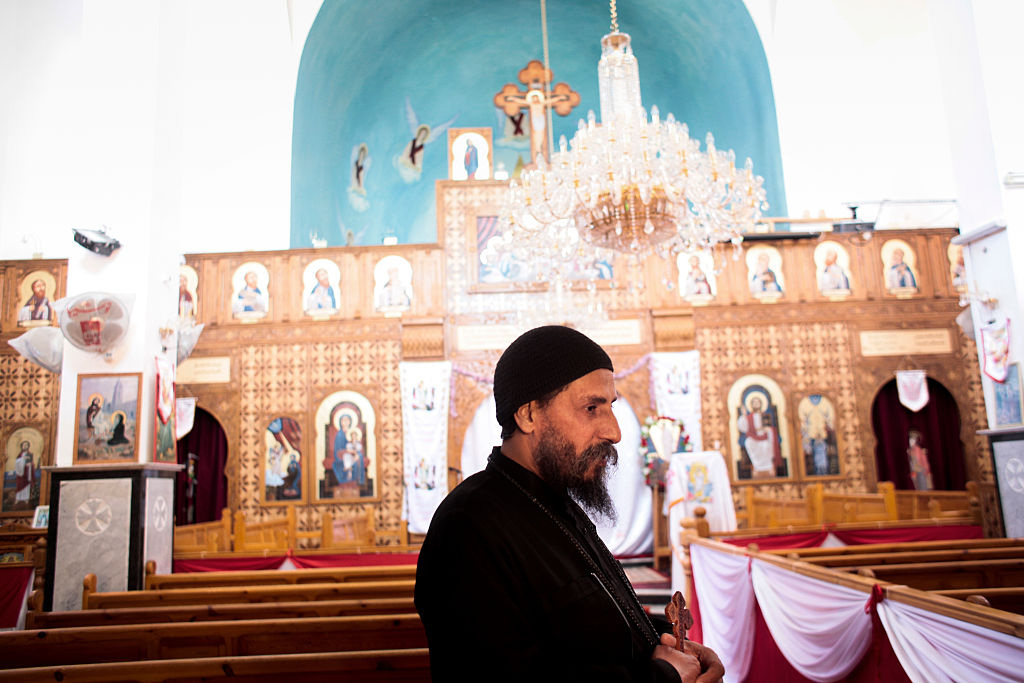Amid an upsurge in Turkish nationalism, debate is raging over whether Turkey’s President, Recep Tayyip Erdogan, will make good on his promised intention to repatriate around a million Syrian refugees. Erdogan, who had focused on refugee repatriation in his presidential campaign in May, emerged victorious in Sunday’s election run-off against his rival Kemal Kilicidaroglu.
During his own campaign, Kilicidaroglu had taken an even harder line on the migrant issue, pledging that if he won he would send all refugees back to Syria.
There are currently around 3.4 million Syrians living in Turkey, as Syria’s long-running civil war caused them to flee there. Erdogan had reached a deal with the EU at the height of the migrant and refugee crisis in 2016 to stop them travelling from Turkey to Greece, in exchange for around €6 billion in aid from Brussels. But, as a result, much of the Turkish population is unhappy at the high number of refugees being hosted in their country and concern had only increased leading up to the election.
Turkey hosts more Syrian refugees than any other country, but as Turkish voters have grown increasingly resentful of their presence, Erdogan has been forced to take a tougher stance on the issue. There are added concerns over Syria’s Kurdish groups, which have created enclaves on the border between Syria and Turkey. These groups are considered a national security threat by Erdogan and Turkey’s nationalist voters, as they are affiliated with Turkey’s Kurdistan Workers’ Party, regarded as a terrorist organisation by the Turkish government.
Erdogan promised to ensure the safe return of one million Syrian refugees within a year. However, he faces logistical difficulties; many of the refugees have escaped from parts of Syria that were reclaimed by Syria’s President, Bashar al-Assad. They claim they risk persecution if they return to those towns and villages while Assad remains in power.
In response, Erdogan formulated a plan for increased influence in Syria to allow refugees to be safely repatriated. He guaranteed that they could return to rebel-held areas in northwest Syria, where Turkey has kept troops on the ground to deter Syrian government forces. Erdogan said that, with the help of Qatar, Turkey has been building new housing projects in Syrian areas where refugees who still oppose the Syrian government are welcome.
Ankara, he said, would double down on its commitment to exert control over rebel-held areas. Although Assad has asked for Turkish troops to withdraw in exchange for establishing closer ties with Turkey, Erdogan continues to be seen as a reliable ally by rebel groups who oppose the Syrian leader.
But Erdogan faces pressure to normalise relations with the Syrian government, as Turkey’s opposition said before the election that they would immediately cease hostilities with Assad to facilitate the return of all refugees. Erdogan’s approach to Assad has been more sceptical, especially as Moscow is pushing for the development of more harmonious relations between Ankara and Damascus.
Turkey’s Interior Minister, Suleyman Soylu, attended the inauguration of a housing project created to allow refugees to return to the Syrian town of Jarablus. But Erdogan faces challenges in fulfilling his campaign promise as conflict in Syria threatens to escalate.
Alessandra Bocchi is Associate Editor at Brussels Signal





China’s Belt and Road Initiative is a threat to Italian sovereignty – Meloni is right to be wary